Musa Jalil – a poet and a citizen
(Устный журнал для учащихся VIII – XI классов)Римма Бикмамбетова,учитель английского языка первой квалификационной категории Камскополянской средней школы №1 Нижнекамского района Цели мероприятия:– со...
(Устный журнал для учащихся VIII – XI классов)
Римма Бикмамбетова,
учитель английского языка первой квалификационной категории Камскополянской средней школы №1 Нижнекамского района
Цели мероприятия:
– совершенствовать речевые навыки учащихся и повышать мотивацию и интерес к изучению английского языка;
– развивать творческие способности учащихся;
– воспитывать мужество и патриотизм, любовь к Родине.
Оформление мероприятия: видеоматериалы о Великой Отечественной войне, выставка книг Мусы Джалиля, бюст Мусы Джалиля и зажженные свечи у бюста.
Presenter 1 (под музыку «Священная война» и видеосопровождение с кадрами начала Великой Отечественной войны). Dear friends! The year 2015 is very special for our country because we are going to celebrate the 70th anniversary of Great Victory of Russian people over German fascists in the Great Patriotic War. 74 years ago on the 22nd of June in 1941 German soldiers cruelly attacked our country. The Great Patriotic War of the Russian people over the world fascism began. Millions of people of different nationalities went to fight against German fascists. A considerable part of them didn’t come back from this war. A lot of people from the Republic of Tatarstan fought heroically on the fronts of the Great Patriotic War. The outstanding Tatar poet Musa Jalil was among them. He didn’t return from that war.
(На экране – портрет Мусы Джалиля. Далее видеоматериалы сменяются в течение всей постановки.)
Student 1. Musa Jalil is the great Tatar poet. He is the only poet in the Soviet Union’s multicultural literature who was simultaneously awarded two of the highest government decorations: Hero of the Soviet Union for the personal courage and meritorious performance of duty, and the Lenin prize for his cycle “The Moabit Notebooks.”
Life of Musa Jalil is a model of selfless service to country and genuine heroism backed up by poetry. He was born in the small Tatar village Mustafino, in the Orenburg steppes. From childhood he knew what poverty and hunger meant. In 1921 when a severe draught hit the steppelands, he left home so the family would have one hungry mouth less to feed and became a vagrant in the city of Orenburg.
He slept in the streets, ate what he picked up in the marketplace but never gave up. This is the portrait of Jalil – a student of a worker’s university, subsequently the Moscow University, the instructor of the Orsk, and then the Orenburg district committees of the Young Communist League, the editor of the children’s magazines “Kechkene Ipteshlyar”(Little Comrades) and “Oktyabr Balasy”(The Children of October).
Jalil’s poetry was like him. Impulsive and passionate and at the same time kindly, responsive, tender and lyrical.
Jalil’s life was short and heroic. He was cruelly killed by German fascists during the Great Patriotic War. But in the hearts of millions of people Musa Jalil is an example of heroism and courage.
Presenter 2. “… I am not afraid of death. That is not an empty phrase. When I say I despise death, that is indeed so… There is a life… after death, in the awareness, the memory of the nation. If I have done anything of significance in my lifetime, anything that will remain, then I have deserved this other life- a life after death…Therein lies the objective of our lives: “ to live so we don’t die after death.”
Presenter 1. There’s a monument to Jalil at the Spasskaya Tower of the Kremlin in Kazan, one of the highest points in the city open to the winds blowing freely from the Volga. The poet is depicted with his feet entangled in barbed wire, his hands tied behind his back. With proudly raised head and narrowed eyes he gazes into the vast distance where he is destined to “live after death.” The muscles of his limbs are tensely knotted and his bare chest seems to breathe with unconquered power.
Student 2.
When I can’t sleep no matter how I try,
My heart is torn unceasingly with sorrow,
I joy to think that every night will fly
Before the sunny daybreak of the morrow*.
(1936–1939, Translated by Lydia Kmetyuk)
Presenter 2. Jalil wrote lyrical poems, poems that were candidly of a publicistic nature, sometimes poems that were slogans from start to end, satirical poems and poems for children, librettos, satirical poems on topical subjects and reports in poetic form.
Presenter 1. Before the war Jalil was a well-known and widely recognized poet, the chief of the writers’ organization of the Tatar Republic, whose poems were included in school books. That is why it is difficult to reduce his very original and beautiful world to just one, albeit principal, line.
Presenter 2. There was actually nothing heroic about the appearance of the real, earthly Musa, as people who knew him say. Easy to get along with, high-spirited, sometimes hot- tempered, but always cooling off swiftly, he was, as they say, one of the boys. He enjoyed good company, heart-to-heart talks with friends; he loved a witty phrase and a good joke. He adored the nature of his land and was sensitive to the beauty of women.
Student 3.
May
In the night there came the season’s first warm shower
That has swept away the gloom and coil of winter.
With a brilliant carpet all the Earth is covered-
Smoothly velvet grass and multi-coloured flowers…
(1936, Translated by Lydia Kmetyuk)
Student 4.
The Willow
Near our home there’s a willow growing,
She’s so happy the Spring is here.
When I come in, or when I’m going,
She bows her greeting to me…
(March 1939, Kazan. Translated by Lydia Kmetyuk)
Presenter 1. Jalil’s intimate lyrical poetry was much more low-keyed. It was sometimes sad, full of doubts and suffering: “It was quite unusual, our friendship! It was all sincerity and fire. But two strong willed people, for each other to make hell of life we never tired.” It is not the fact that matters in this case, but the veracity of the emotion.
Student 5.
Remembrance
How sweetly you smiled at our meeting,
That first time we met, I remember.
And you at my fond words retreating,
So bashful and shy, I remember.
(1938, Translated by Jessie Davies)
Student 6.
If You Are Not There…
Though mad nightingales their joying
To the springtime garden tell –
Will the world for me be joyless,
If you’re not with me as well!..
(1920, Translated by Jessie Davies)
Presenter 2. To Jalil there were no subjects that were below his dignity. Everything that concerned his country concerned him personally.
Student 7.
When you come to me, years,
You stroked my head lightly,
With your snow you came, years,
For my hair to grow white…
(1934, Translated by Dmitry Priyatkin)
Presenter 1. On April 23, 1945, the 79th Infantry Corps of the Soviet Army that was advancing on the Reichstag took up positions along the Berlin streets of Ratenowerstrasse and Turmstrasse. A gloomy grey building encircled by a high brick wall appeared before the soldiers through the smoke of the bursting shells. That was the Moabit prison. When the troops broke into the prison yard, it was empty. Only the wind stirred the remaining debris and scraps of paper, and turned the pages of some books, most probably those that had been thrown out of the prison library by a blast.
Presenter 2. A soldier who paused there before the next attack noticed several lines in Russian on one of the clean pages of a book that was lying about: “I am the Tatar poet Musa Jalil, held in Moabit prison as a prisoner- of –war against whom political charges have been preferred, and will most likely be shot soon. If some Russian finds this note, convey my regards to my family.” The soldiers sent the page to Moscow, to the Union of Writers. That was the first his country heard оf the heroic fate of Musa Jalil.
Student 8.
Your Tears
In the stillness as we said goodbye,
Long into your dear-loved eyes I gazed.
I remember from those pitch-dark eyes,
Two transparent tears ran down your face…
(February 1942. The Volkov Front. Translated by Lydia Kmetyuk)
Presenter 1. To die in the prime of life and talent is unnatural. Even the thought of death is unbearable for any human who is sound of mind. It was the more unbearable for a man who loved life to such a degree as did Musa.
Student 9.
Before Death
The road of righteous struggle I tred,
To reach my goal I failed.
My foes have severed with a hot
Bulled the thread of fate…
(1921–1923, Translated by Dmitry Priyatkin)
Presenter 2. ” The world and the literature know many poets who have made their names immortal, but there are few poets who have won immortality both by their unfading works and by the gallant sacrifice of their lives. They are: the great Byron, the renowned poet of the Hungarian people Petofi, the heroic Julius Fuchik and, finally, Musa Jalil.” said the passionate admirer of Jalil’s poetry, the Azerbaijanian poet Samed Vurgun.
Presenter 1. The outstanding Tatar poet Musa Jalil lives on, he is still fighting, educating people with his own example, he participates in all our undertakings and talks with the living as one still alive.
Student 10.
A Plea To Motherland
Forgive me, Motherland, whose name
Was on my lips in bitter strive,
Forgive me- to your sacred glory
I failed to sacrifice my life…
(July 1942, Translated by Dmitry Priyatkin)
*Примечание. Все стихи даются в сокращении. Полные тексты можно продублировать на русском и татарском языках.





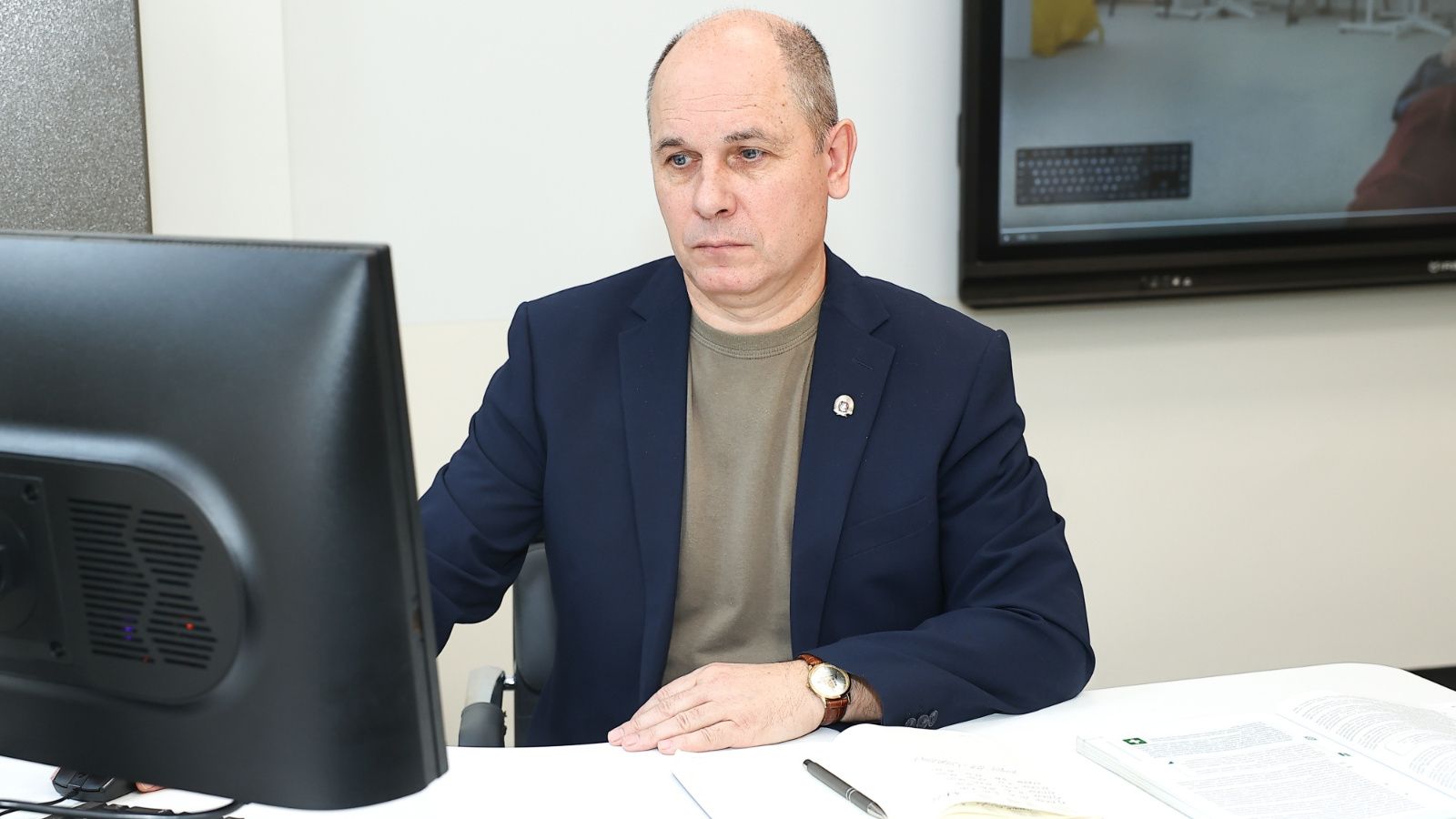
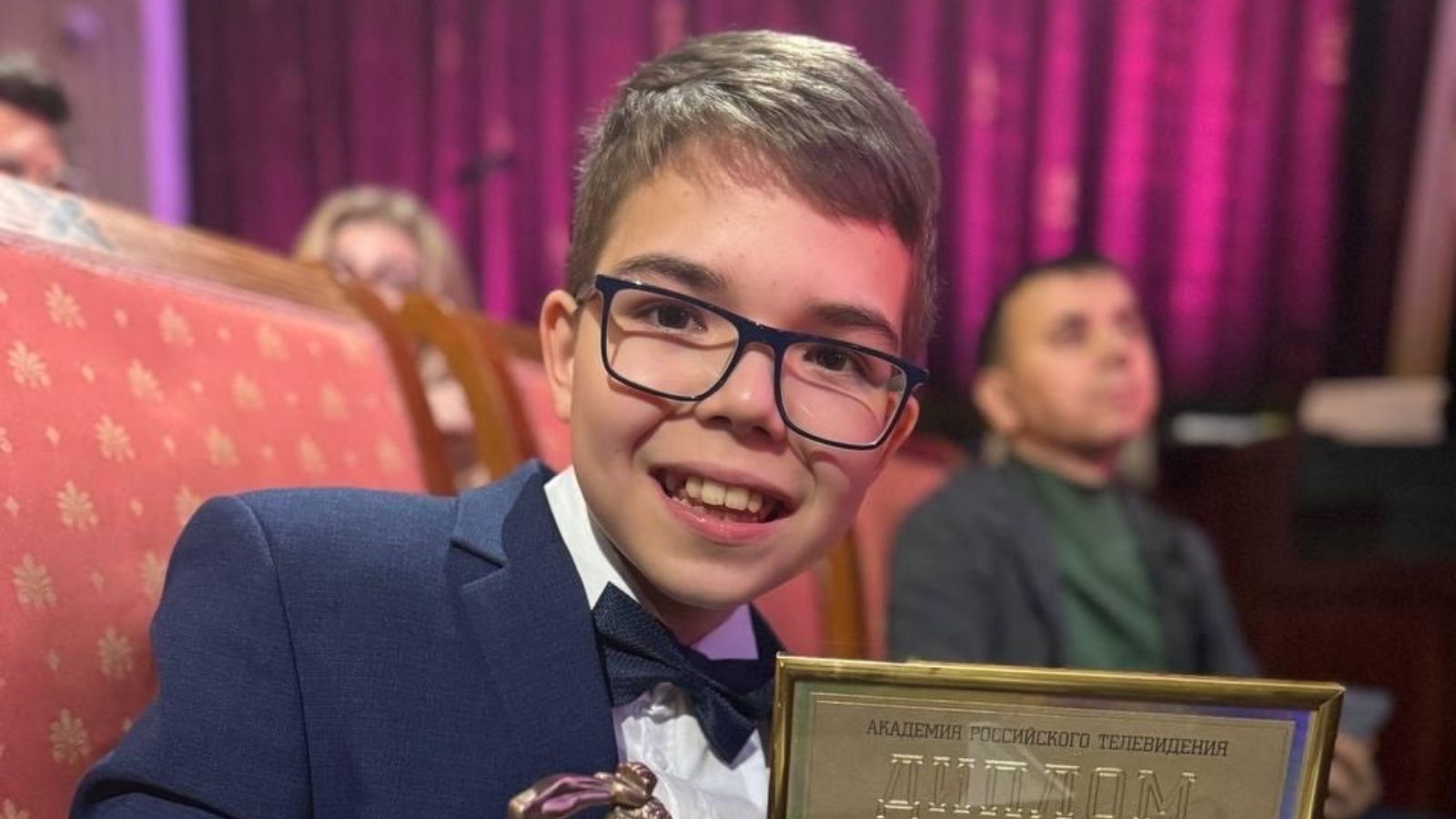
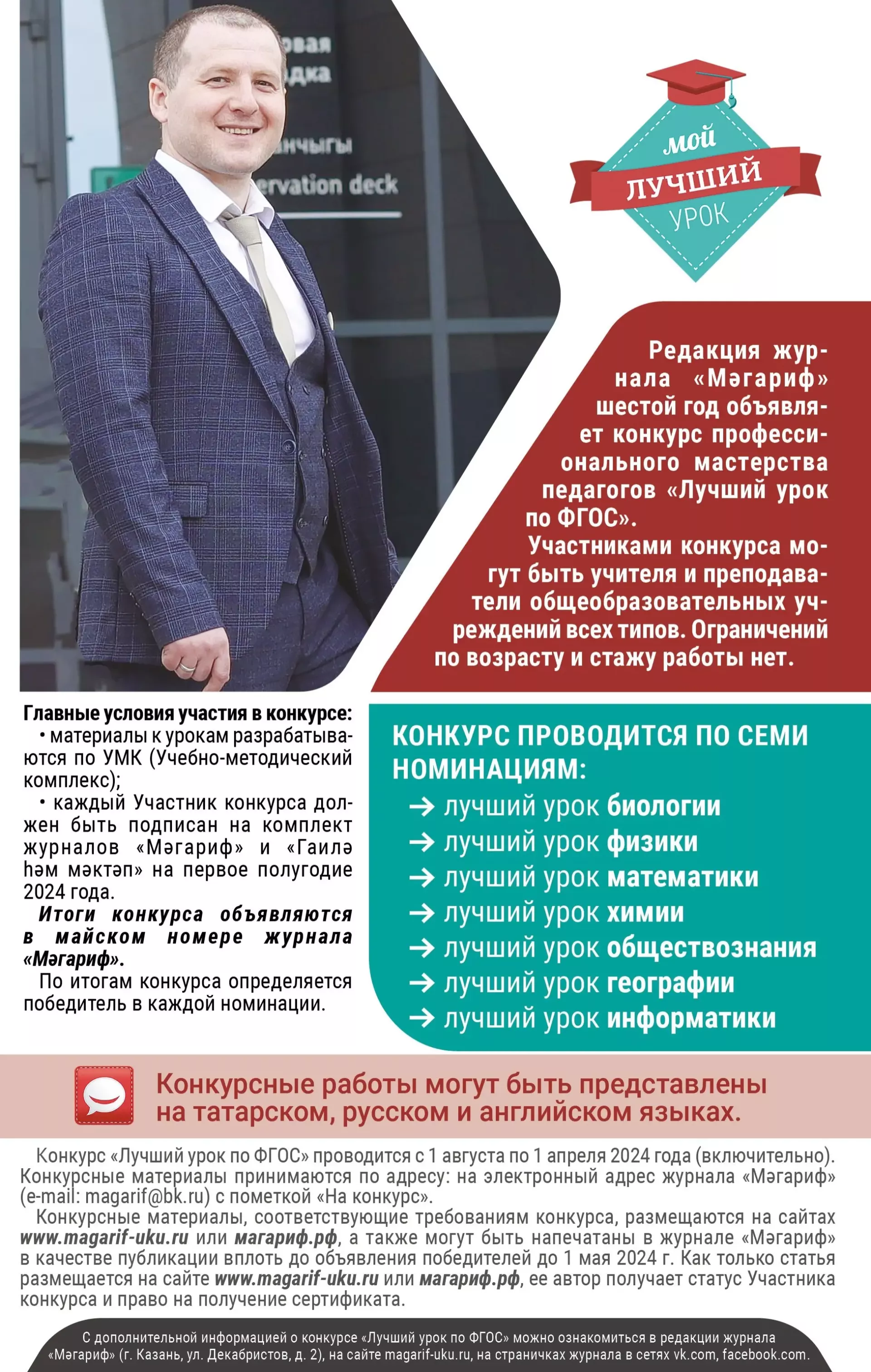

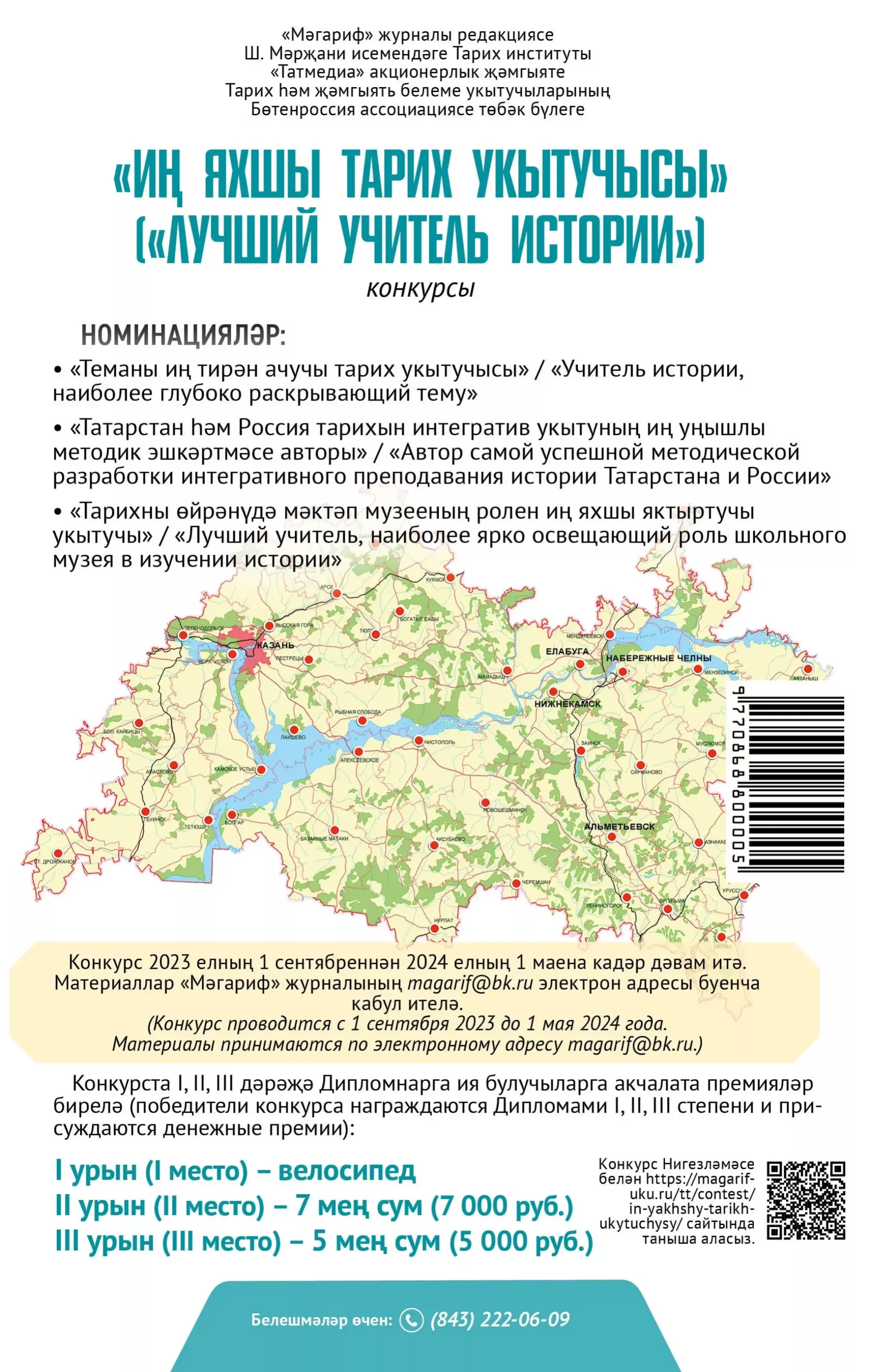
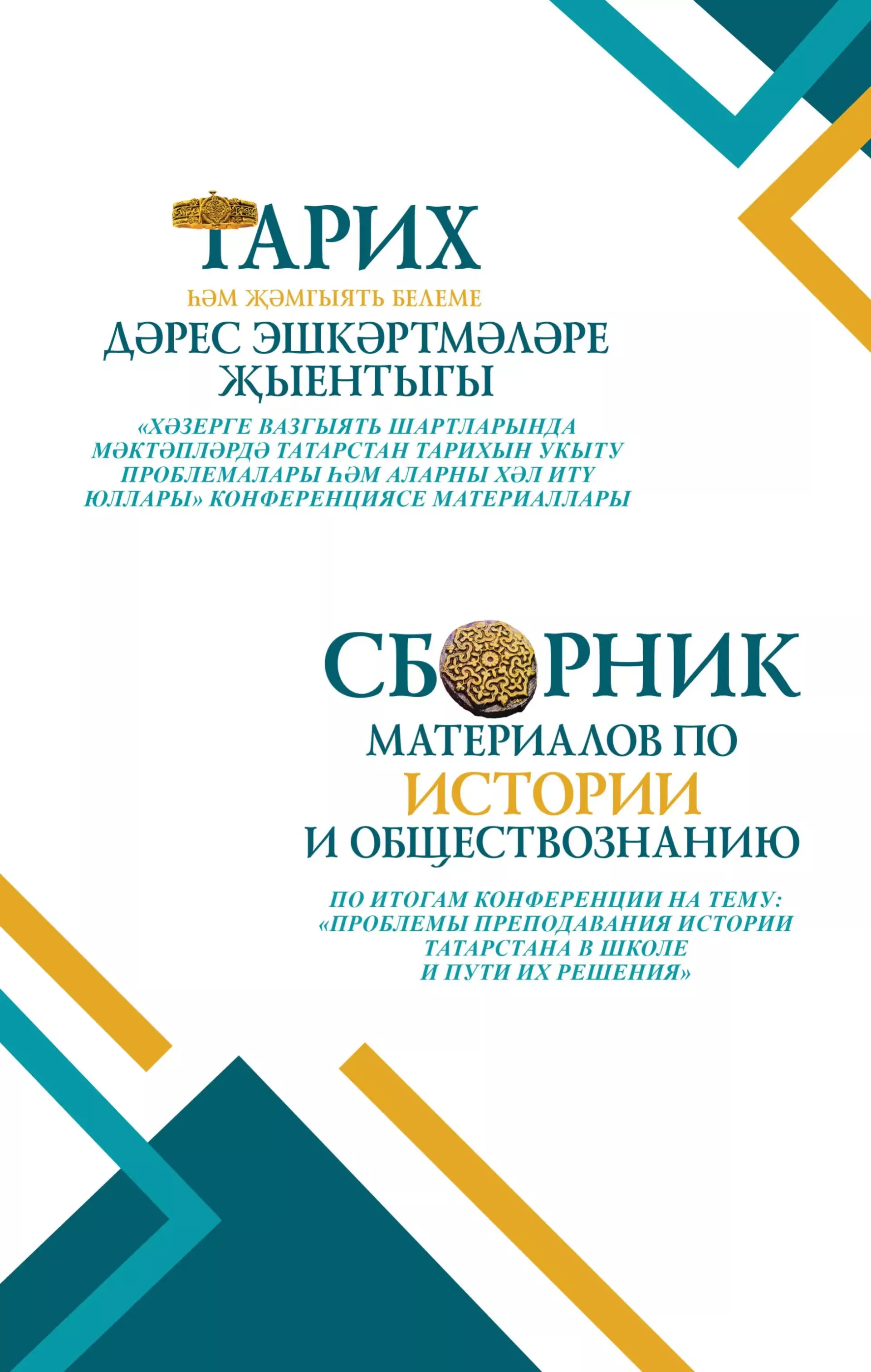
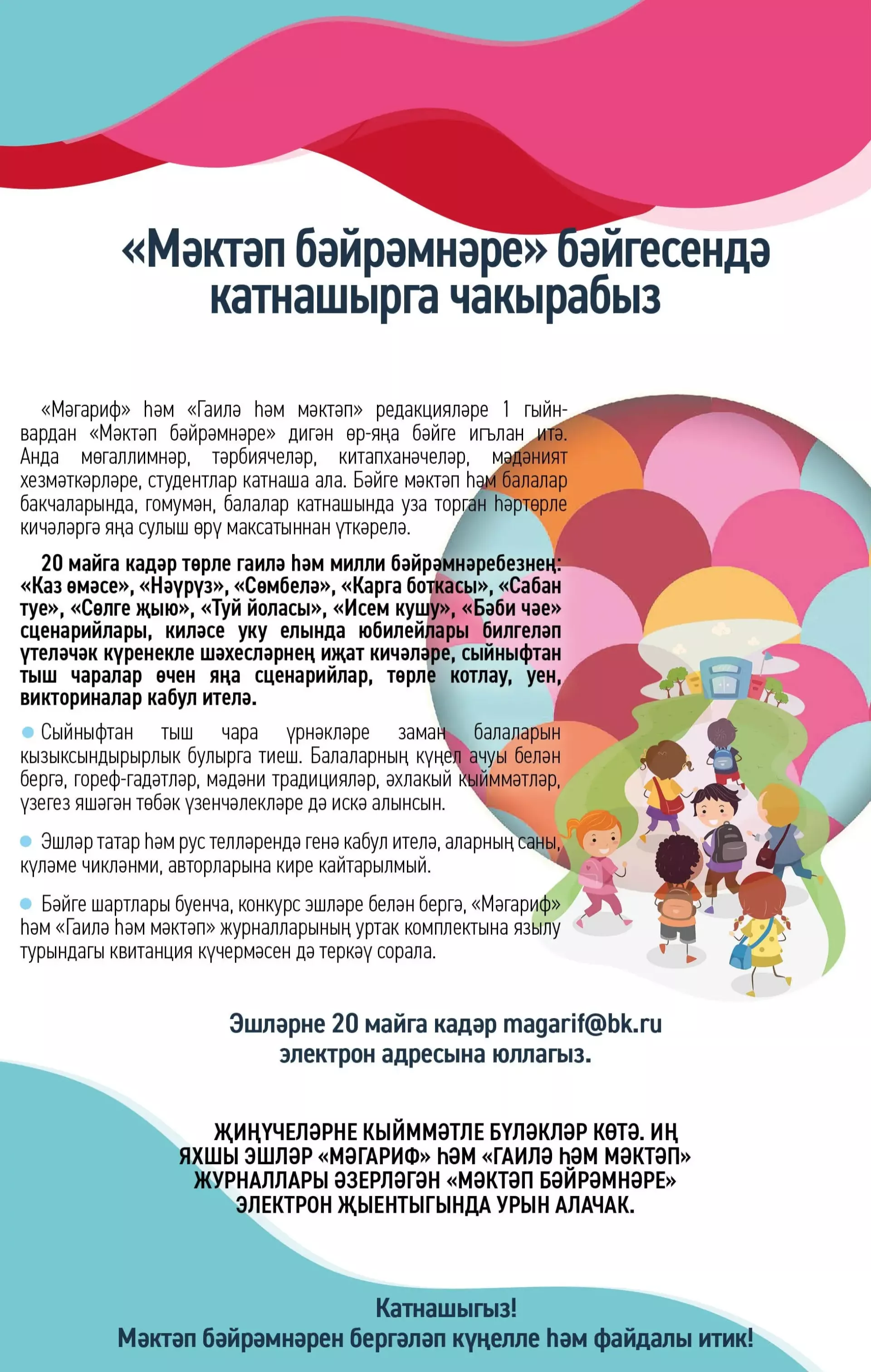
Комментарийлар